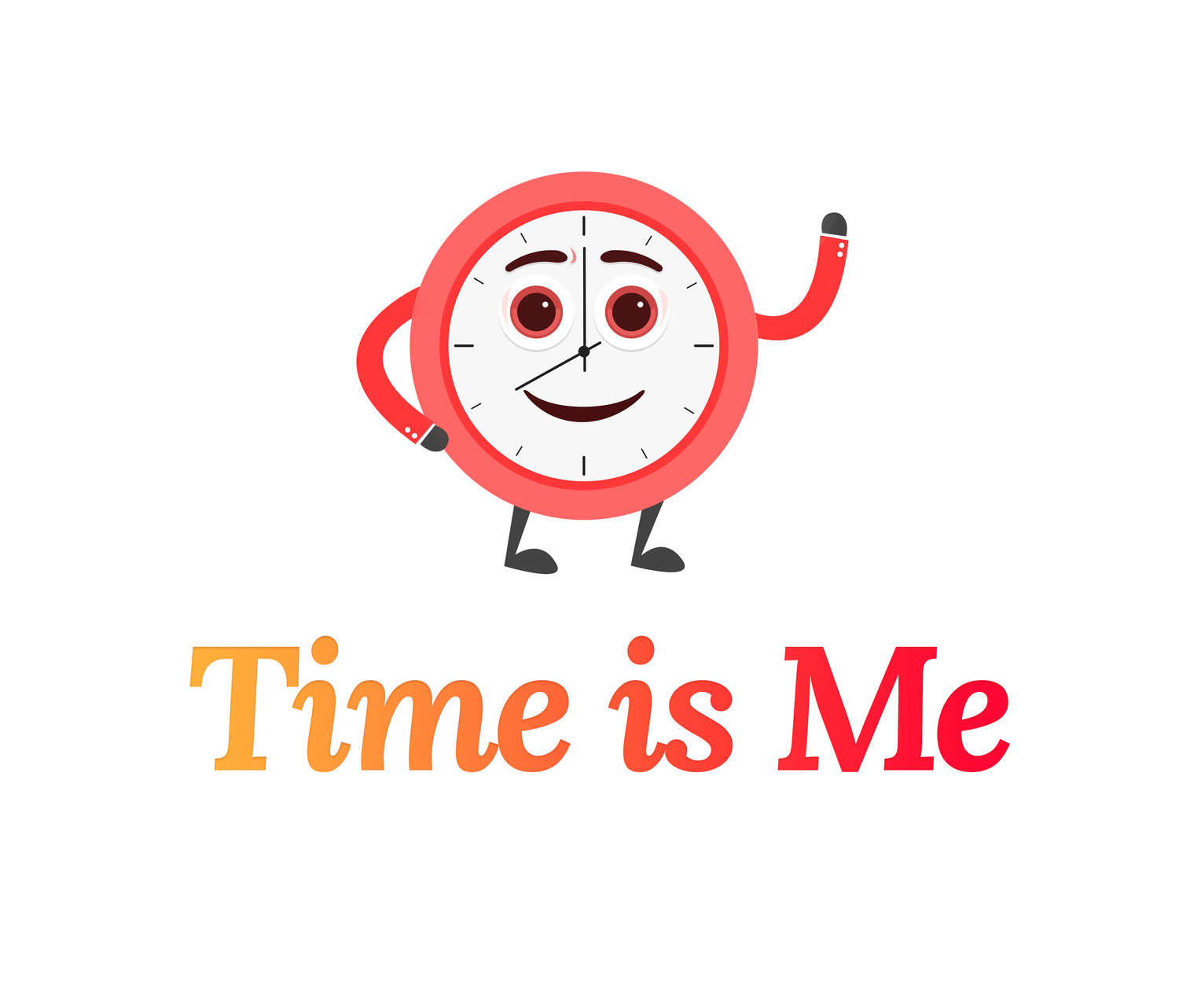I have already touched upon the drawbacks of distraction. Just to reiterate, distractions are very detrimental to productivity, efficiency, and for our general happiness. One thing I can't stand is being interrupted. I don't like interruptions even if I have nothing that important to do. I can't stand being derailed from what I am doing, just to do something else and again lose all the time it takes to switch focus from one thing to another. This is how working for someone else can possibly be difficult because you have little control of how you spend your time and what to prioritize. This of course is a case by case basis and many factors come into play. In my work experience so far, I frequently have had one boss coming with a priority, coworkers with priorities, customer/client requests, and so on. Everyone wants your time and when you are paid by someone else, they have control of the time. This is the classic trading time for dollars of working a "9-5" which can take the form of all different hours but ultimately is the same thing. I say all of this to emphasize the value of focus.
Focus is extremely important. Just as distractions can derail you, focus can save you time and accelerate your goals and tasks. The first step to finding your best focus is finding out when you focus best. One way to go about this is to track your time. Do a task that requires a good amount of focus but doesn't take too long. Also, this task must always take about the same amount of time. A good example is reading a page of a book (use the same book with a comparable amount of words). If you already know when your focus is best, then you can skip this step and go ahead with working the best time. Some tasks are better at certain times than others. Everyone is different and there are several studies that talk about when it's best to be creative, best to learn, best to do physical activity, etc. The best solution is to find what works for you. This can change throughout the course of your life as well. For example, I used to read in the morning but if I have to be at work early, then I don't have time to read and it is better to read in the evening even if it's not my ideal time.
Whenever you can focus the best is the best way to set up your schedule. Of course most of us have circumstances that prevent us from creating our ideal schedule. It could be a job or various family factors such as small children or being a caretaker that can prevent us from creating our ideal schedule. Since we live in a world that is not ideal, we should not drive ourselves crazy trying to develop this ideal schedule!
Another important thing to remember is to not try to do this all at once. It is best to do this little by little. Keep making consistent progress and you will find yourself with a close to ideal schedule that allows you to be very productive. This will take time. I am still tweaking my schedule frequently and have been keeping schedules for 14 years!


